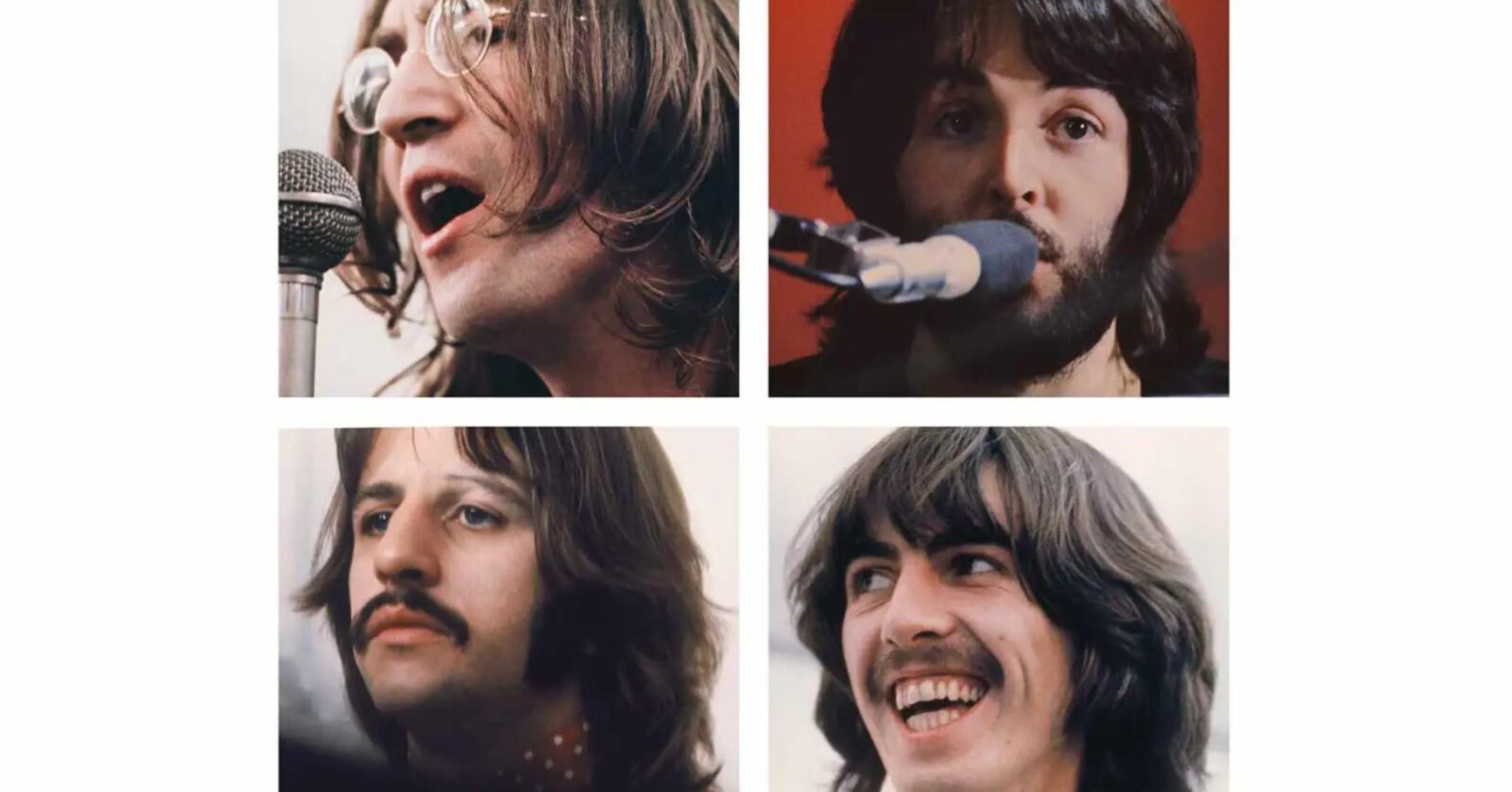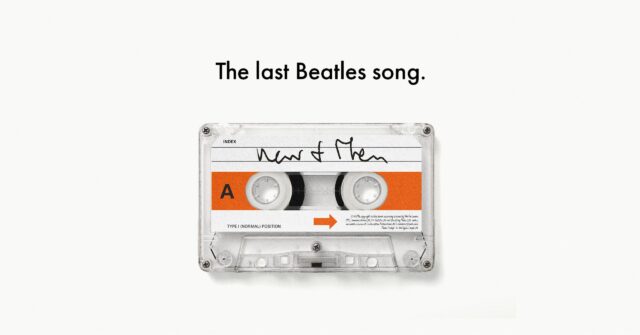The Beatles’ Long-Lost ‘Let It Be’ Documentary To Be Released On Disney+ This May
The release of the documentary film on the hit streaming platform marks its availability to the public after more than 50 years.

Courtesy of Ethan A. Russell / Apple Corps Ltd.
Courtesy of Ethan A. Russell / Apple Corps Ltd.
For the first time since the 1980s, The Beatles‘ long-lost ‘Let It Be’ documentary will be made available to the public once again.
Directed by Michael Lindsay-Hogg, the infamous British documentary was previously released in cinemas fifty years back in 1970 to a mixed reception from fans and critics alike, with many claiming the film to be a downer as the final nail in the coffin following the group’s disbandment. While it chronicles the conception behind the English band’s final studio album of the same name, many considered the project to be a negative portrayal of the fractured relationships between members Paul McCartney, John Lennon, Ringo Starr, and George Harrison. And given its tainted image, it’s been almost impossible to find any copy of the film aside from it’s original 16mm film and VHS formats until now.
Just yesterday (April 16), The Beatles’ Let It Be was announced to be re-released for the first time on streaming, exclusively to Disney+. The film was meticulously restored by Peter Jackson and his team at Park Road Post Production and follows after the release of the documentary television series, The Beatles: Get Back, also directed by Jackson. While the series serves as complementary material to the long-lost documentary, the latter contains footage that was not featured in Jackson’s Emmy Award-winning docuseries –– showcasing a novelty that still stands more than 54 years past its original release.
In an official statement released by Disney+, Lindsay-Hogg described the forthcoming re-release, mentioning; “’Let It Be’ was ready to go in October/November 1969, but it didn’t come out until April 1970. One month before its release, The Beatles officially broke up. And so the people went to see ‘Let It Be’ with sadness in their hearts, thinking, ‘I’ll never see The Beatles together again. I will never have that joy again,’ and it very much darkened the perception of the film. But, in fact, how often do you get to see artists of this stature working together to make what they hear in their heads into songs. And then you get to the roof and you see their excitement, camaraderie and sheer joy in playing together again as a group and know, as we do now, that it was the final time, and we view it with full understanding of who they were and still are and a little poignancy. I was knocked out by what Peter was able to do with ‘Get Back,’using all the footage I’d shot 50 years previously.”
On the other hand, Jackson states his excitement for the documentary’s re-release –– even describing it as a much-needed complement to his work on The Beatles: Get Back. “I’m absolutely thrilled that Michael’s movie, ‘Let It Be,’ has been restored and is finally being re-released after being unavailable for decades.” “I was so lucky to have access to Michael’s outtakes for ‘Get Back,’ and I’ve always thought that ‘Let It Be’ is needed to complete the ‘Get Back’ story. Over three parts, we showed Michael and The Beatles filming a groundbreaking new documentary, and ‘Let It Be’ is that documentary – the movie they released in 1970. I now think of it all as one epic story, finally completed after five decades. The two projects support and enhance each other: ‘Let It Be’ is the climax of ‘Get Back,’ while ‘Get Back’ provides a vital missing context for ‘Let It Be.’ Michael Lindsay-Hogg was unfailingly helpful and gracious while I made ‘Get Back,’ and it’s only right that his original movie has the last word…looking and sounding far better than it did in 1970.”
Just recently, it was announced that Sony Pictures will be developing solo biopics featured on each of The Beatles’ members –– with each film to be directed by Sam Mendes. All four films are set to be intertwined with one another and are currently scheduled to be released in 2027. Last November 2023, the band also released their final song “Now and Then“, which was completed with the use of artificial intelligence to restore the lost footage needed for the track.
The Beatles’ Let It Be documentary will be released this May 8, 2024, exclusively on Disney+.
As we anticipate the film’s re-release on the platform, feel free to revisit The Beatles’ Grammy-winning record of the same name below:
